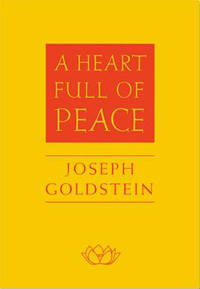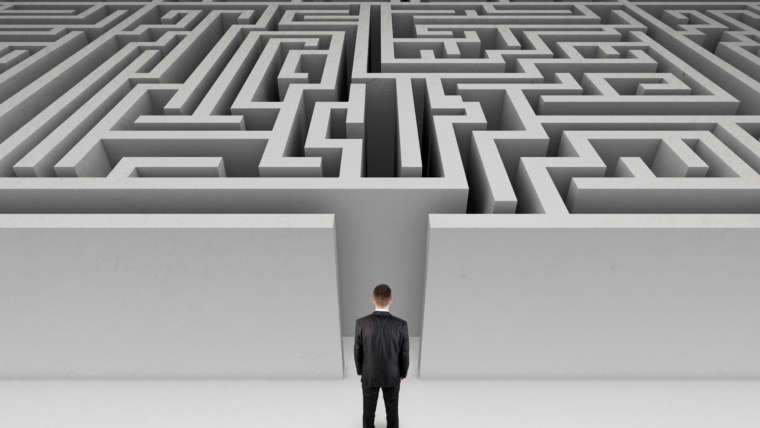I just finished rereading A Heart Full of Peace, a wonderful book on Buddhism and the spiritual life written by Joseph Goldstein, one of the premier meditation teachers in the United States. Goldstein, along with Jack Kornfield and Sharon Salzberg, was instrumental in bringing classical Buddhism from the East to the West in the last several decades of the twentieth century. Joseph was my first Buddhist teacher, and I continue to learn from him.
A Heart Full of Peace is based on talks Goldstein gave at Harvard Divinity School and touches on crucial topics ranging from compassion and freedom to ethics and meditative practice. Reading the book gave me not only a renewed commitment to living a life of greater compassion and ethics but a clearer idea of the path. All of this is, as they say, worth the price of admission.
The teachings from Goldstein that most inspired me had to do with wisdom, perhaps the scarcest resource in our world.
The teachings from Goldstein that most inspired me had to do with wisdom, perhaps the scarcest resource in our world. We might think of wisdom as ethical and psychological know-how, the capacity to respond to life sanely and responsibly, treating other people and ourselves with greater care and reverence.


Wisdom is, I think, often linked with knowledge and expertise. Expertise has a lot to recommend it. Years of study, devotion, and practice cultivate authoritative knowledge and competence, which are crucial to optimum functioning. We want and need doctors and car mechanics and teachers with great expertise, but as the recent financial collapse and the logjam in Washington demonstrate, smart people do not always act wisely.
The stories Goldstein shares about his own journey in A Heart Full of Peace illuminate a great deal about wisdom, as well as perils and possibilities on the spiritual path. “Right speech”—speaking honestly and eschewing lies and gossip, divisive speech and idle chatter—is a crucial part of Buddhist ethics. Joseph invented a practice for himself in order to cultivate greater mindfulness about speech: for several months he refrained from speaking to anyone about a third person. This not only taught him that a large percentage of his conversation involved other people, but helped him notice that much of what he said included comments and judgments about other people. Stopping such speech for a while made his mind less critical toward others, but interestingly also less critical toward himself. Years later that practice continues to alert him when he begins to speak mindlessly about other people. I tried this practice and agree with Goldstein’s discovery that it cultivates greater ease and balance in the mind, in addition to less judgment, both toward others and ourselves.
We all-too-human human beings often believe we have to acquire more knowledge to behave more wisely. But what we need, and what Goldstein’s own story so movingly illustrates, is to understand that living a life of wisdom entails experimentation, not expertise. None of us is born with wisdom or has all the answers about how to live. One crucial ingredient in wisdom, in addition to moral imagination and ethical discernment and accountability, is an experimental spirit. The subtitle of Mahatma Gandhi’s seminal autobiography, Satyagraha, is: “The Story of My Experiments with Truth.” The translation of the eminent French Renaissance writer’s Michel Montaigne’s Essais—which had an enormous influence on later writers, including Descartes, Emerson, and Nietzsche—is “trials” or “experiments.”
The Rewire Me moment came when I realized that we must be willing to experiment in order to wake up and live more wisely.
The Rewire Me moment came when I realized that we must be willing to experiment in order to wake up and live more wisely. What experiments might each of us undertake today, tomorrow, and in the future in order to challenge taken-for-granted and imprisoning assumptions and modes of behavior and cultivate greater care, compassion, and wisdom?
Could we, for example, do yoga or meditation in the morning before checking email? Might we read or listen to something soothing before bed, rather than surf the net and wake ourselves up before trying to fall asleep? Can we have that important conversation with a friend that we have been fearing? Can we stop eating before we are full?




1 Comment
Jules
“Joseph invented a practice for himself in order to cultivate greater mindfulness about speech: for several months he refrained from speaking to anyone about a third person.”
A powerful practice, indeed.